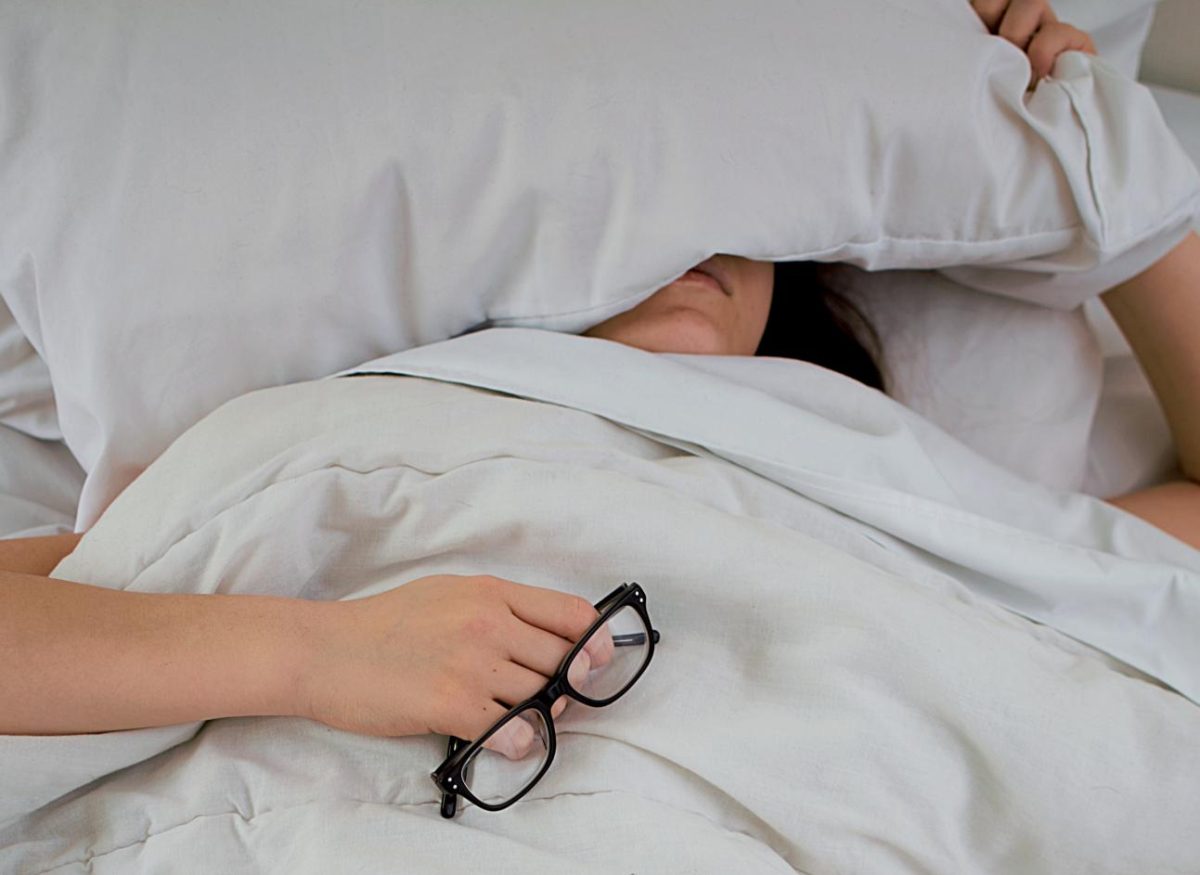“I should stay up an extra hour to study,” every college student has thought at some point in the semester. However, this idea may be more harmful than helpful.
College-age students should get around seven to nine hours of sleep per night, according to the National Sleep Foundation. But, if you ask most Clemson students, this amount is often a rarity.
From cramming for tests to partying downtown, there is a high possibility that a 10 p.m. bedtime doesn’t happen often. In fact, a study by the National Institutes of Health says that over 70% of students report getting less than eight hours of sleep per day.
Falling into sleep debt is something that college kids often do, especially as the semester goes on and classes get harder. Lack of sleep is shown to negatively affect academic retention and performance.
One of the most important steps to prevent sleep deprivation is to catch it early. Starting the semester with a good sleep schedule is important, as it gets the body into a routine and enforces healthy REM and non-REM cycles. Attempting to go to bed at the same time each day, even on the weekends, is one way to establish a consistent sleep schedule.
Another important aspect of a healthy sleep cycle is avoiding caffeine at least four to six hours before the desired bedtime. The Mayo Clinic recommends creating a comfortable environment for bedtime. While a bed and pillows may seem like all you need, noise machines, eye masks and blackout curtains help create a perfect sleeping condition.
It is also important to know the benefits of prioritizing sleep, especially for college students and their studies. Getting enough sleep has been proven to boost the immune system and improve mental health. As much as it sounds like a motherly lecture, sleep is important to achieving good grades, less stress and an overall healthy lifestyle.









